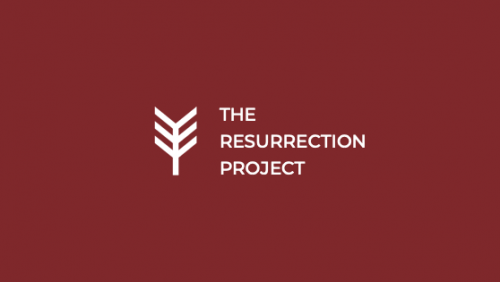Find Your New Home: Apartments Available for Lease. Click Here!
TRP’s computer literacy class helps community leaders navigate the digital landscape
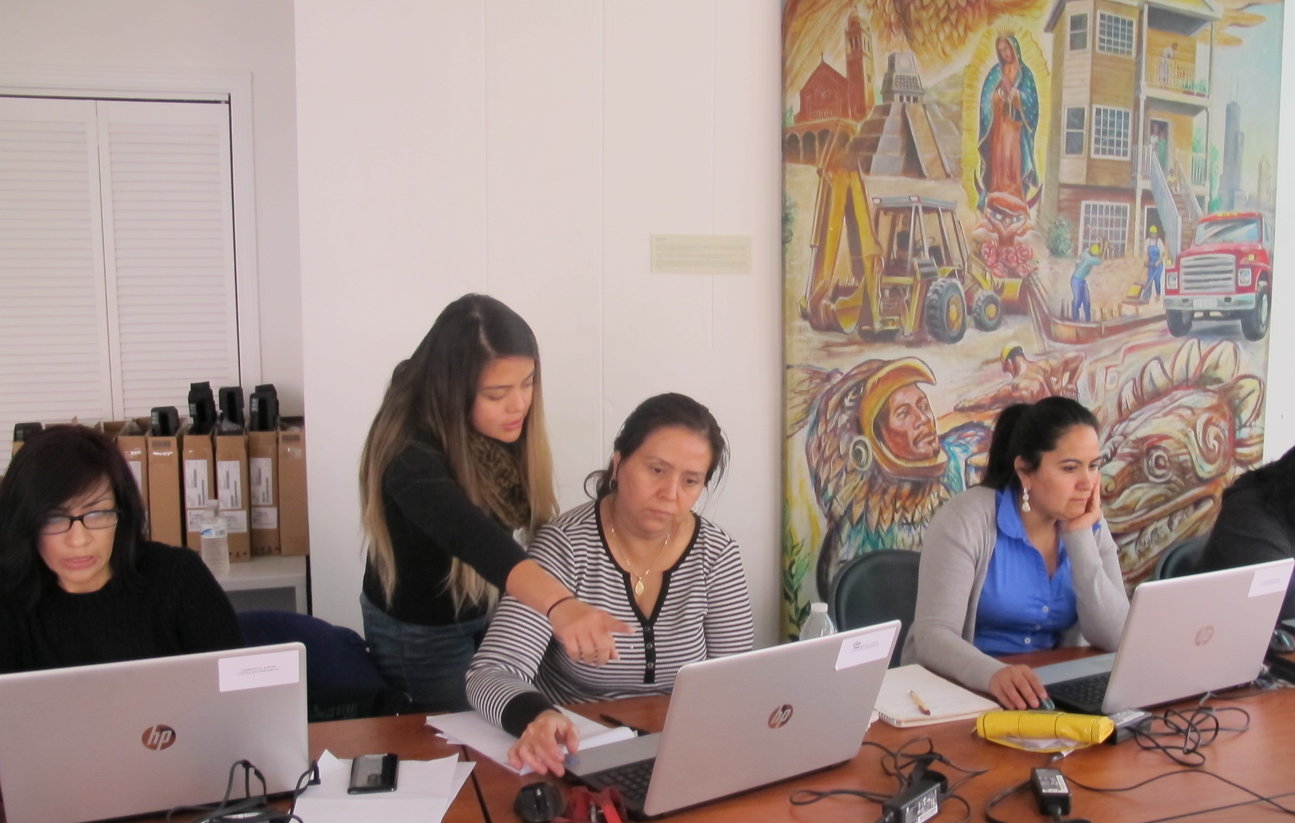
by Diana Pando
Recently, The Resurrection Project (TRP) kicked off an eight-week digital literacy pilot program in Spanish. The goal was to help community leaders learn how to use technology for every day needs as well as to raise awareness on issues like of immigration.
The Google-based curriculum taught participants how to send group emails, create and share Google Docs documents, create forms and surveys to collect, and measure the impact of campaigns and projects they’re working on.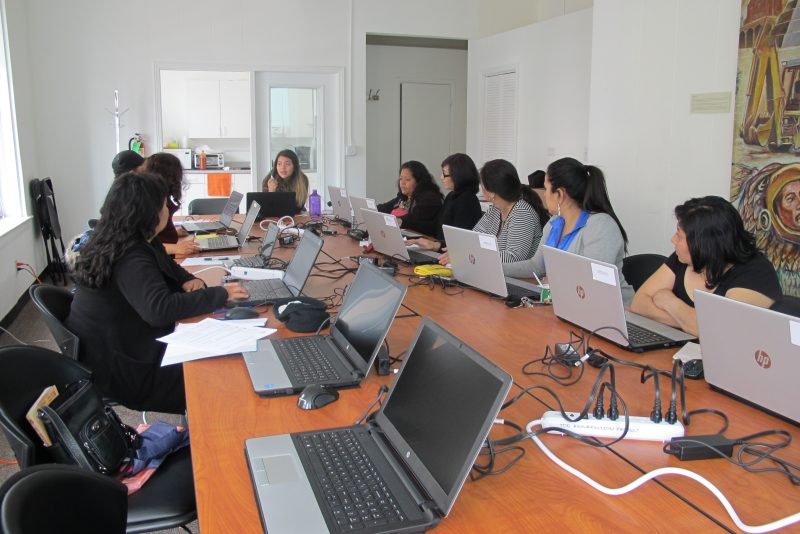 The digital divide puts Latino families at a disadvantage because, for many, the only Internet access they have is through smartphones. This impacts their children being able to do homework, applying for jobs online, paying bills, or in some cases, checking on important things like the status of an immigration application. Many also don’t know how to use certain programs and tools to advocate for important social issues.
The digital divide puts Latino families at a disadvantage because, for many, the only Internet access they have is through smartphones. This impacts their children being able to do homework, applying for jobs online, paying bills, or in some cases, checking on important things like the status of an immigration application. Many also don’t know how to use certain programs and tools to advocate for important social issues.
Alicia Quebrado, a workshop attendee and DACA volunteer, is learning both. She learned to use Google Sheets to create and manage her budget and pay bills online. But she also learned how to help more people get information and monitor her children’s online activity. “I’m happy to be able participate in this program,” she says, “because we don’t have money to pay for classes and these classes are free.”
The workshop’s digital activism component focused on immigration, and showed participants ways for citizens to organize and mobilize communities through social media (e.g., Facebook, Twitter), video, podcasts, and other online platforms. These tools can be used to share information quickly, lobby, start dialogue, educate on an issue, build community, and move people to action.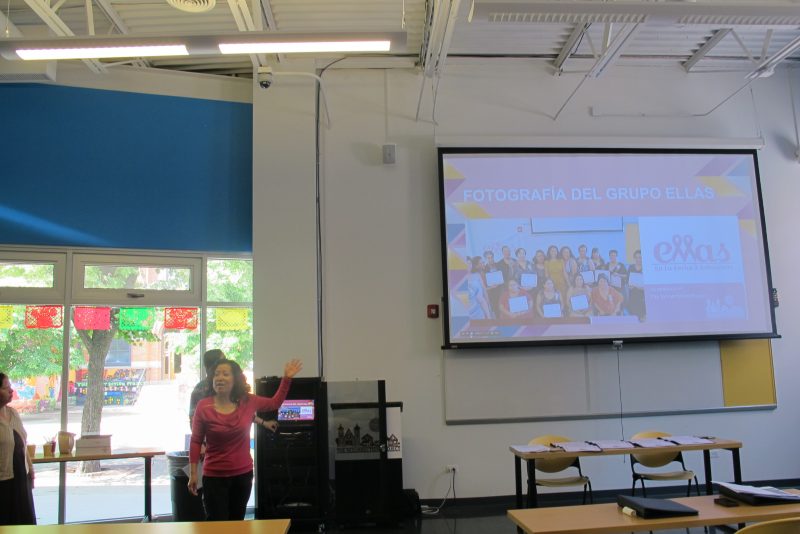 “Our leaders will be able to provide community members with online resources for immigration services,” says Tabitha Martinez, TRP Advocacy Organizer. “Like websites they can use to access applications for Citizenship, Legal Permanent Residency, and Deferred Action for Childhood Arrivals (DACA). Our leaders will also be able to help community members navigate through online screening tools to verify their eligibility for DACA.”
“Our leaders will be able to provide community members with online resources for immigration services,” says Tabitha Martinez, TRP Advocacy Organizer. “Like websites they can use to access applications for Citizenship, Legal Permanent Residency, and Deferred Action for Childhood Arrivals (DACA). Our leaders will also be able to help community members navigate through online screening tools to verify their eligibility for DACA.”
“Technology is the future and learning new programs is important,” said Virginia Chavez, a workshop attendee. “It also allows me to learn more about immigration and DACA, letting me help more people who are applying.”
At the end of the eight-week training, students gave a presentation on a specific project at the La Casa Student Resource Center. After the presentations, the graduation portion of the program began. Raul Rayundo, TRP’s CEO, congratulated the students on their new digital literacy skills. “The importance of knowing how to use technology is vital,” he said, “and I’m proud of all of you for participating in the program.”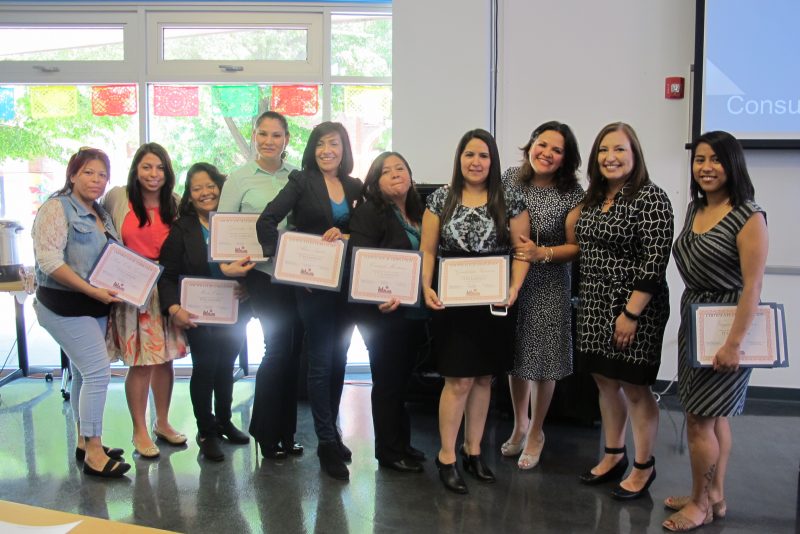 The accomplishments of these women are even more meaningful because the programming forms part of TRP’s 25th Anniversary. As part of the celebration, TRP has committed to doing more in five years than it has done in the last 25 years.
The accomplishments of these women are even more meaningful because the programming forms part of TRP’s 25th Anniversary. As part of the celebration, TRP has committed to doing more in five years than it has done in the last 25 years.
This means providing more trainings to empower community residents to build healthy digital communities. It is a way to give community leaders a way to access online resources and have a voice in the digital landscape.
If you would like to learn more about this program, contact Elizabeth Rosas-Landa at 312-880-1130.
[slideshow_deploy id=’11345′]
